
Understanding China
A Guide to China's Economy, History, and Political Structure
Read offline
Recommendation
John Bryan Starr presents an overview of China, including its geography, history, political system, economy and social-cultural system. His excellent, in-depth analysis discusses various Chinese institutions and issues, including the military, the educational system, urban and rural problems, population growth, environment degradation, human rights, culture, and intellectual freedom. However, you should view this book as a background introduction, since most of its information dates from research completed by 1995. For the latest developments in China, refer to more current sources. The book, which is written directly and clearly without academic jargon, is directed primarily toward westerners, particularly in the United States.
Summary
About the Author
John Bryan Starr is the author of many articles and books on China, including Ideology and Culture and Continuing the Revolution: The Political Thought of Mao. He is editor of The Future of U.S.-China Relations and has taught at the University of California, Yale, and Dartmouth. He was president of the Yale China Association for 15 years and of the China Institute in New York City. He is now managing director of the Annenberg Institute for School Reform.








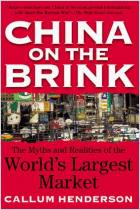
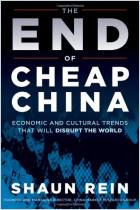
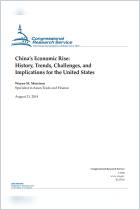
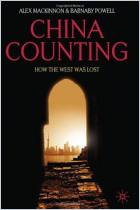
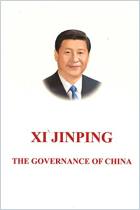
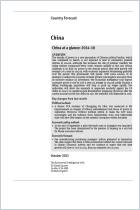







Comment on this summary or Начать обсуждение